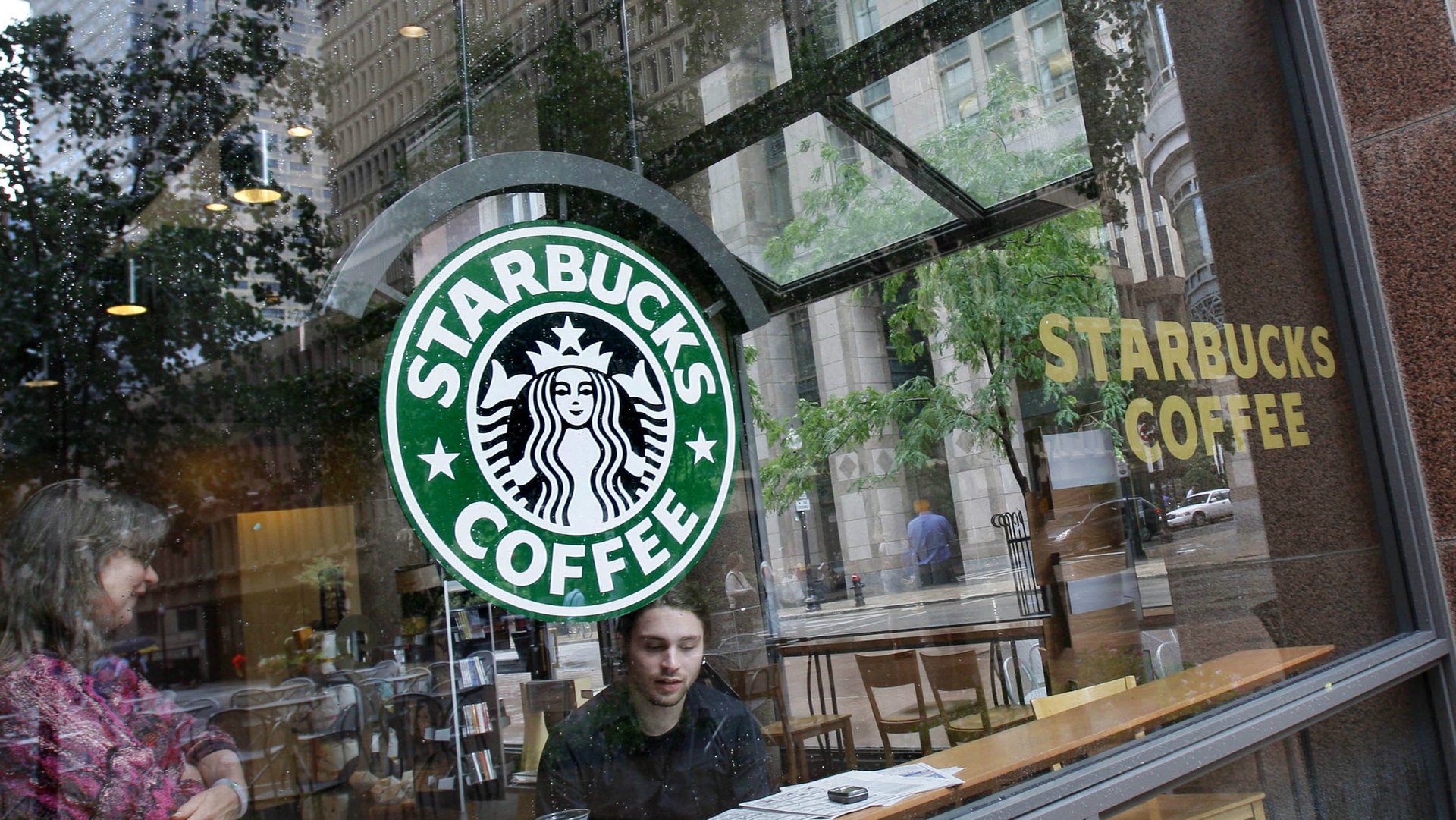Starbucks is ditching its tea business as it shifts focus to China
Facing tepid growth in the US market, Starbucks has announced it will step away from its flagship tea business, and shift focus to China.


Facing tepid growth in the US market, Starbucks has announced it will step away from its flagship tea business, and shift focus to China.
The Seattle-based company is closing all 379 of its Teavana retail stores on account of lackluster sales, though it plans to continue selling bottled Teavana-branded drinks. Most locations will be shuttered by spring 2018. At the same time, Starbucks is undertaking its biggest acquisition ever, spending $1.3 billion to buy up the remaining 50% stake of its Chinese business from its joint-venture partners, according to Reuters.
The company is killing off Teavana for good reason: The way Americans shop is changing. When Starbucks acquired Teavana in November 2012 for $620 million, most Teavana stores were based in shopping malls. But US mall culture is fading, partially because more people are foregoing trips to big retail hubs for the convenience of online shopping.
“Many of our Teavana mall-based stores have been persistently underperforming,” Starbucks CEO Kevin Johnson told investors this week. “We conducted a strategic review of the Teavana mall-based store business and concluded that despite our efforts to reverse the trend through creative merchandising and new store designs, the underperformance was likely to continue.”
Meanwhile, executives at Starbucks are looking to China as a haven for long-term growth, a caffeine boost for business as American sales shows signs of cooling. The company made its first foray into China 18 years ago, and has since established locations in more than 130 communities, opening roughly 500 new stores every year. The goal, of course, is to replicate the success the brand has found in America—making it as ubiquitous in China as it is in its home market.
Unlike in the US, though, Starbucks’ ambitions in China aren’t rooted solely in physical coffeeshop locations—be they standalone stores or shopping mall spots. The Chinese strategy has almost always included some digital presence as well, largely through the company’s partnership with Tencent, one of the largest internet companies in China. In the last six months, Starbucks has seen more than 2 million social media gift transactions through Tencent—a number that far outpaces what is seen in the US, the company said.
That makes China not only a frontier for growth, but also a big experiment for a company looking to invigorate business in an increasingly digital marketplace.